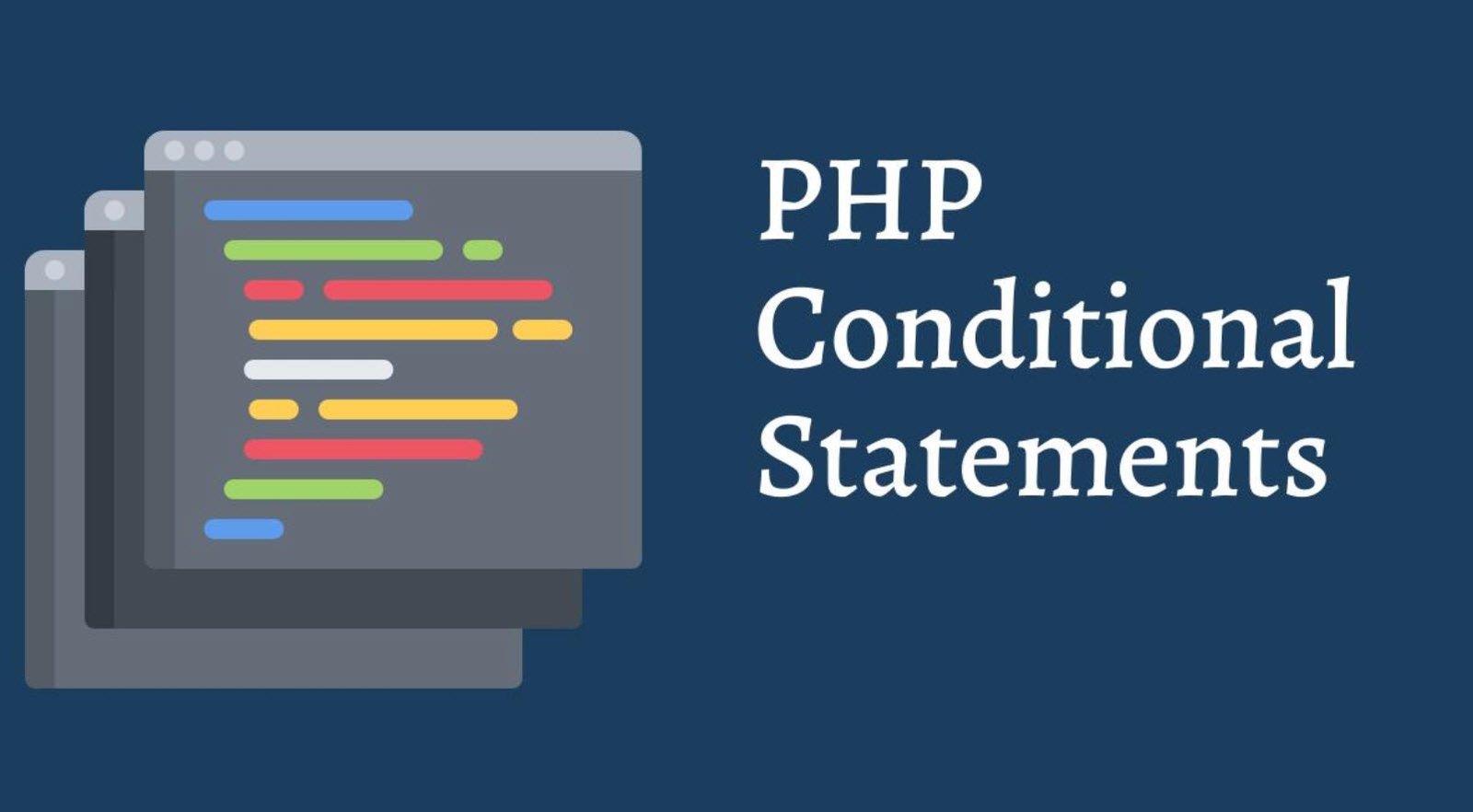
Superglobals in PHP are predefined variables that are accessible from any scope within a script. They provide essential information and data related to the server, user input, cookies, sessions, and more. Understanding and utilizing these superglobals is crucial for building dynamic and interactive web applications.
Here is a comprehensive list of the superglobals in PHP:
1. $GLOBALS: This is an array that contains references to all global variables. It can be used to access global variables from within a function by using the syntax $GLOBALS[‘variable_name’].
2. $_SERVER: This array holds various server environment variables, such as server details, request headers, and script information. It provides valuable information like the current page URL, request method, and user agent.
3. $_GET: This array contains variables passed to the script via the HTTP GET method. It captures data appended to the URL, commonly used for retrieving information from the server. Values can be accessed using the syntax $_GET[‘variable_name’].
4. $_POST: Similar to $_GET, $_POST is an array that holds variables passed to the script via the HTTP POST method. It is commonly used for submitting form data and other sensitive information securely. Values can be accessed using the syntax $_POST[‘variable_name’].
5. $_COOKIE: This array stores variables sent by the client as HTTP cookies. It allows the server to maintain stateful information about the user across multiple requests. Cookie values can be accessed using the syntax $_COOKIE[‘variable_name’].
6. $_FILES: When dealing with file uploads, $_FILES comes into play. It is an array that holds information about uploaded files, such as the file name, type, size, and temporary location. It is typically used in combination with HTML forms that have file input fields.
7. $_ENV: This array contains variables set in the server’s environment. These variables are often configured in the server’s configuration files and can provide useful information or settings specific to the environment in which PHP is running.
8. $_REQUEST: $_REQUEST is an array that combines data from $_GET, $_POST, and $_COOKIE. It holds all user input and allows developers to access input data regardless of the request method used. However, it does not include file uploads ($_FILES) since PHP 4.3.0.
9. $_SESSION: This array stores session variables, which are used to persist data across multiple requests for a specific user. Session variables are typically used for maintaining user-specific information and state throughout a browsing session.
These superglobals provide a wealth of information and data, enabling developers to build powerful and interactive PHP applications. By leveraging these variables effectively, developers can create dynamic web pages, handle user input, manage sessions, and interact with the server environment seamlessly.
Understanding the functionality and usage of each superglobal is essential for building robust and secure PHP applications that can process user data, handle file uploads, and maintain user sessions effectively.
You may also like:- 22 Useful JavaScript Functions You Need To Know
- CSS3 nth-child Selector – A Comprehensive Guide
- PHP Loops – A Comprehensive Guide
- Different Types of Functions in PHP
- Various String Types in PHP – Utilizing ctype Functions
- Understanding Conditional Statements in PHP
- Mastering PHP Arrays – A Comprehensive Guide
- Exploring Strings in PHP – A Comprehensive Guide
- Performing CRUD Operations with PHP and MySQL
- A Guide to PHP File Operations – Opening, Reading, Creating, Writing, and Closing Files








